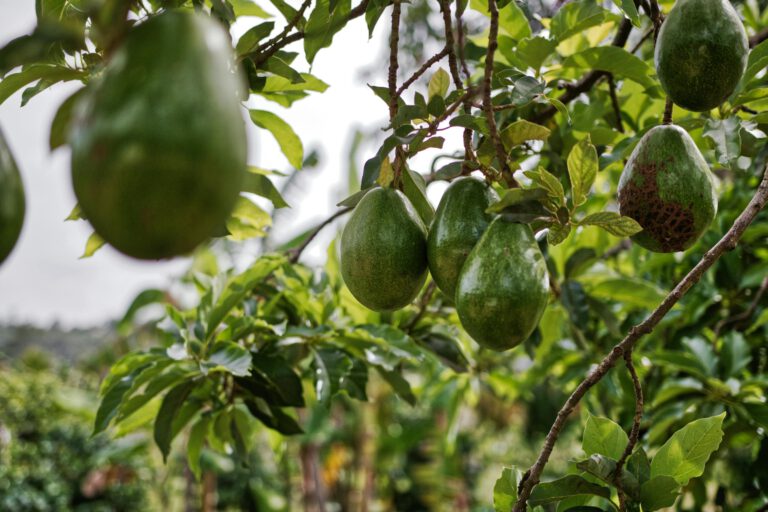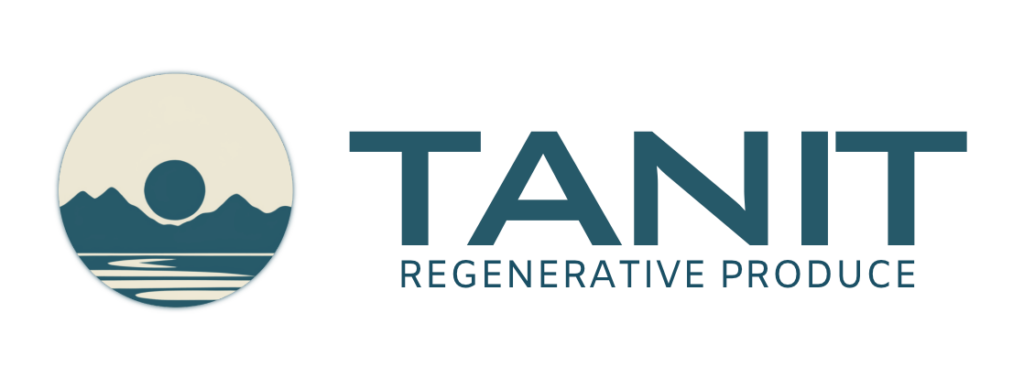TANIT Accreditation
We ensure that every farm we work with meets the standards of TANIT Certified Regenerative Farming. This guarantees that the produce is synthetic-free and grown in a system dedicated to regenerating the environment.

accreditation Starts in the field
Soil Assessment for Regenerative Farming
Our journey with every farmer begins with a comprehensive soil assessment. This baseline evaluation provides a clear understanding of soil health and quality, enabling us to collaboratively implement our Integrated Trophic Design (ITD) method. ITD optimizes yield by fostering sustainable ecosystems that restore biodiversity and eliminate synthetic inputs.
Supporting Transparency and Traceability with Data
By taking these detailed measurements, we ensure that every farm we work with meets the rigorous standards of TANIT Certified Regenerative Farming. This certification guarantees that the produce is entirely synthetic-free and grown in a system dedicated to regenerating the environment. Data is granular to show bulk buyers and their customers how their purchases directly support the shift to a cleaner, cooler Earth.
Key Soil Indicators We Assess:
Helping Bulk-Buyers with CSRD Reporting Obligations
To support companies in meeting their Corporate Sustainability Reporting Directive (CSRD) obligations, additional measurements at the farmer level could include data related to water use, labor practices, and other key sustainability metrics. These can be tailored to the specific ESRS areas of reporting interest for our buyers, and may include:
Because we work on an ongoing trust relationship with farmers, these metrics can be measured and optimised over successive harvests. In the process, the TANIT Accreditation creates a holistic approach that combines scientific data with regenerative practices to enhance soil health, increase productivity, and create thriving ecosystems.


